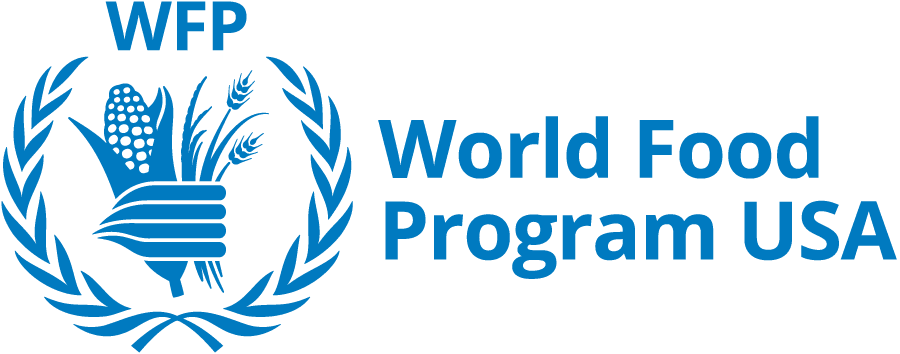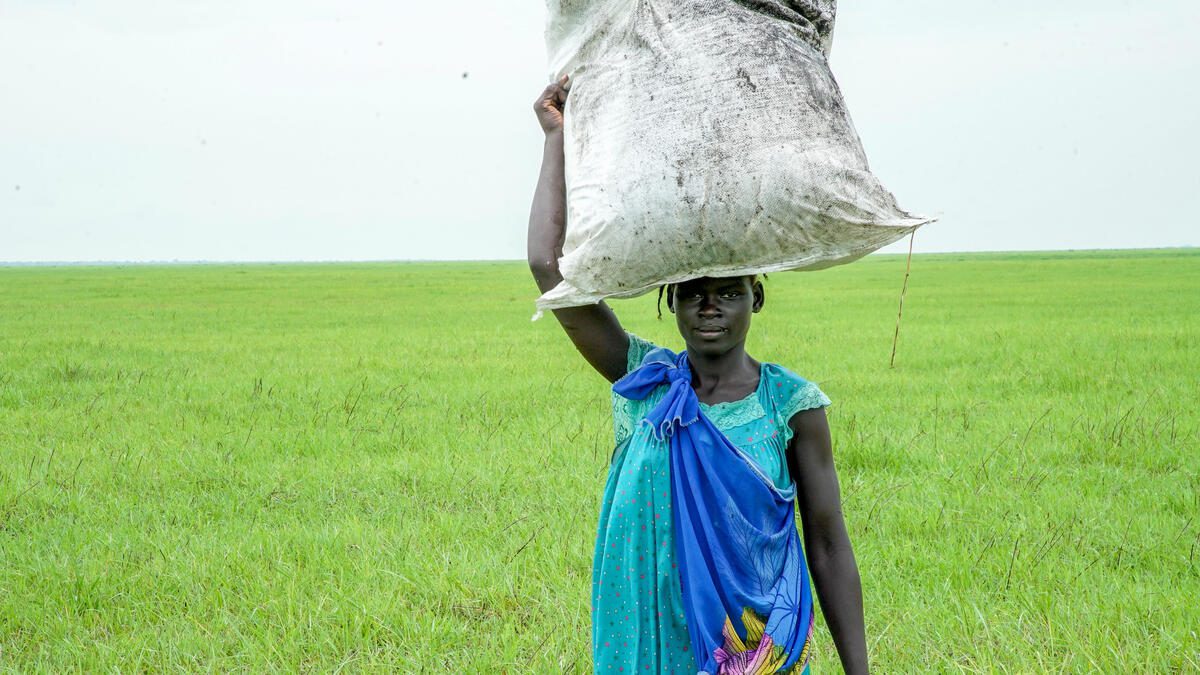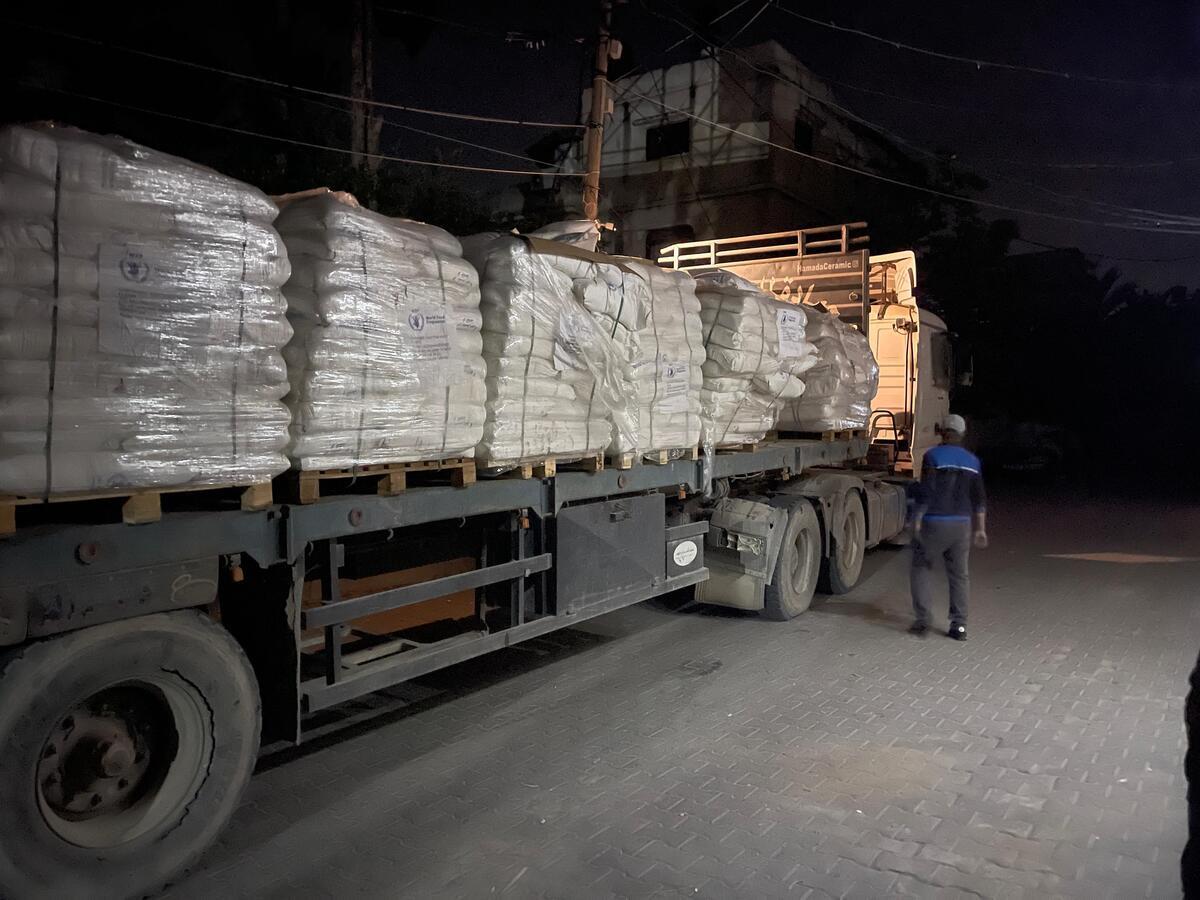ROME – The latest food security assessment on Gaza confirms the concerns of the United Nations World Food Programme (WFP) about the ongoing levels of severe hunger across the Gaza Strip and shows the critical importance of sustained access to all areas of Gaza.
The Integrated Food Security Phase Classification (IPC) report on Gaza paints a stark picture of ongoing hunger, finding that 96% of the population is facing acute food insecurity at crisis level or higher (IPC Category 3+), with almost half a million people in catastrophic conditions (IPC Category 5).
The new report indicates a slight improvement compared to the previous assessment in March, which warned of a potential famine in Gaza’s northern governorates by the end of May. The improvement shows the difference that greater access can make. Increased food deliveries to the north and nutrition services have helped to reduce the very worst levels of hunger, leaving a still desperate situation.
A high risk of famine persists across the whole Gaza Strip, the IPC report noted, as long as conflict continues and humanitarian access is restricted.
To truly turn the corner and prevent famine, adequate and sustained levels of humanitarian assistance must be provided including: greater availability of fresh food and better nutritional diversity, clean water and sanitation, access to healthcare and the rebuilding of clinics and hospitals. A broad, multi-sectoral response is urgently needed.
The U.N. World Food Programme is also deeply concerned that the much-reduced ability of humanitarian organizations to deliver critical assistance in the south is jeopardizing the progress made. Hostilities in Rafah in May displaced more than a million people and severely limited humanitarian access. Meanwhile, the security vacuum has fostered lawlessness and disorder which severely hamper humanitarian operations. The U.N. World Food Programme now fears that southern Gaza could soon see the same catastrophic levels of hunger previously recorded in the northern areas.
The IPC is a collaborative initiative involving over 20 partners, including governments, U.N. agencies and NGOs. It uses global, scientific standards to evaluate food insecurity levels.
# # #
For media queries please contact wfp.media@wfp.org
The United Nations World Food Programme is the 2020 Nobel Peace Prize Laureate and the world’s leading humanitarian organization, saving lives in emergencies and using food assistance to build a pathway to peace, stability and prosperity for people recovering from conflict, disasters and the impact of climate change.
Follow us on X, formerly Twitter, via @wfp_media and @wfp_MENA






